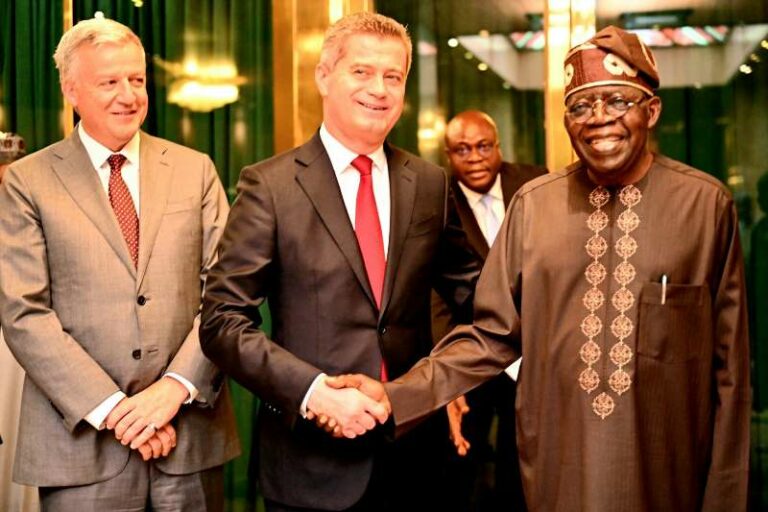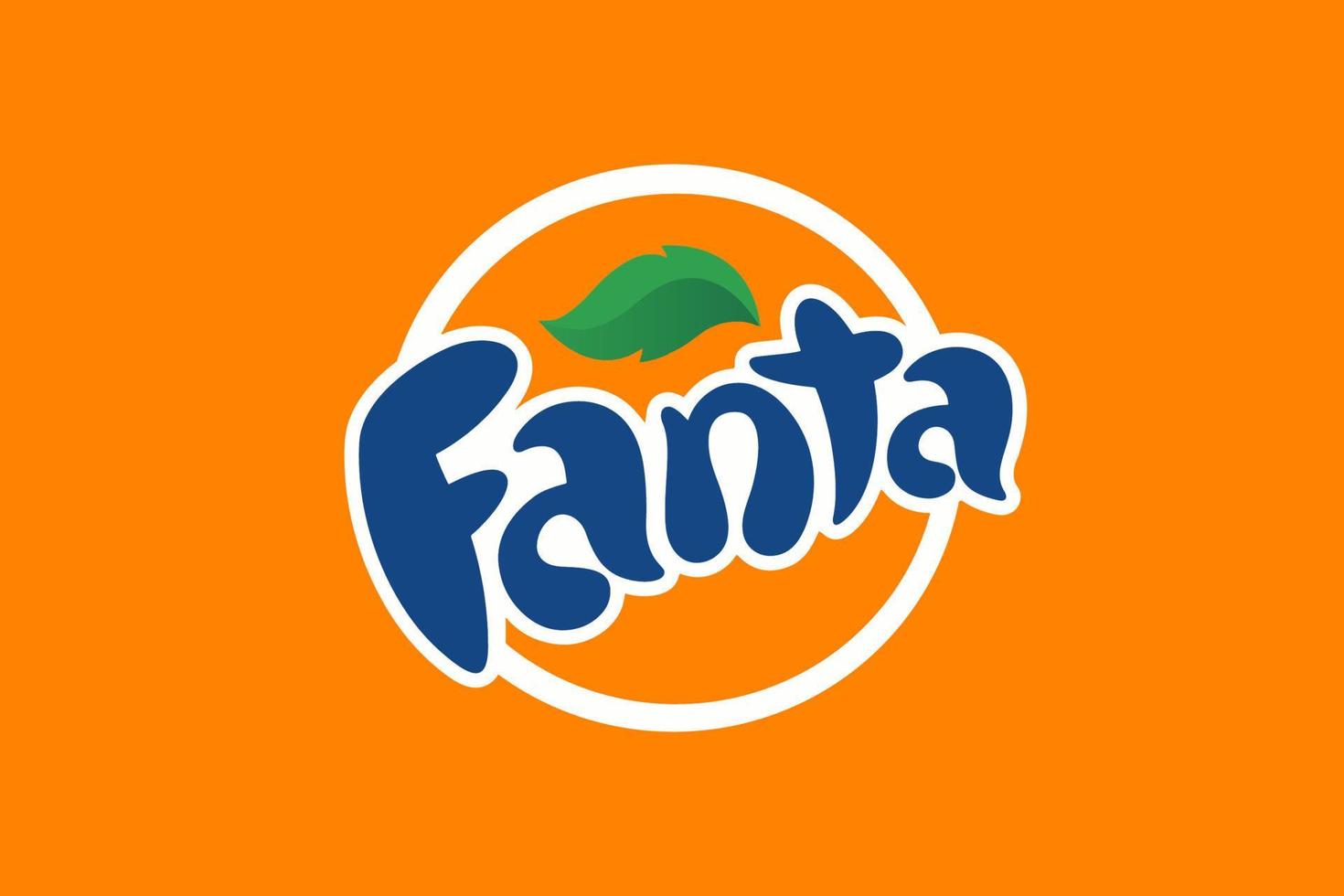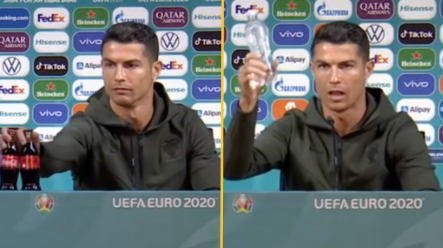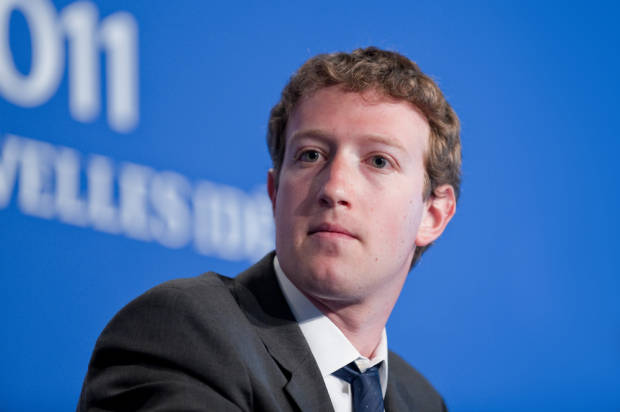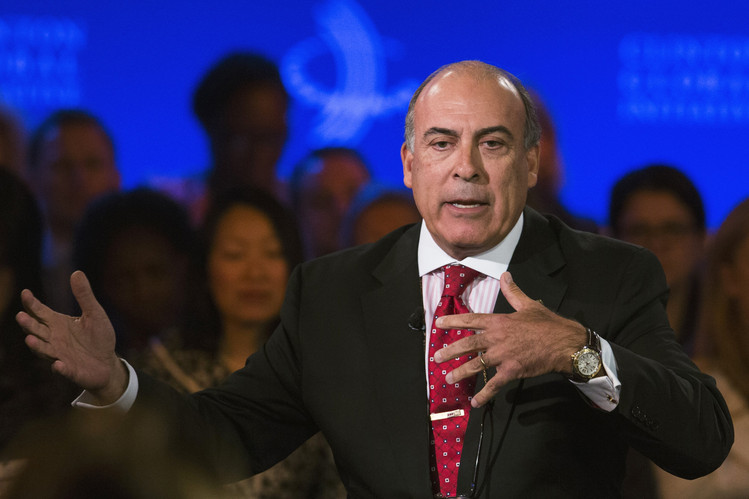President Bola Tinubu has said his administration’s commitment to creating a robust financial system and a business-friendly economy that will attract more foreign direct investments.
The President made the commitment on Thursday in Abuja, as the Coca-Cola Company announced plans to invest $1 billion in Nigeria over the next five years.
The announcement was made at a meeting between the President and the global leadership team of Coca-Cola Company, led by Mr John Murphy, its president and chief financial officer, and the Chairman of Nigerian Bottling Company, Ambassador Segun Apata.
President Tinubu commended Coca-Cola for its long-standing partnership with Nigeria and for promoting investment opportunities that have employed over 3000 people across nine production facilities.
”We are business-friendly, and as I said at my inauguration, we must create an environment of easy-in and easy-out for businesses.
”We are building a financial system where you can invest, re-invest, and repatriate all your dividends. I have a firm belief in that,” he said.
President Tinubu told the delegation that private sector partnerships, which sustain investments, are central to his government’s far-reaching reforms to improve the business environment.
”The size of this country is enormous in Africa, and the consumption capacity of Nigeria is expanding daily,” President Tinubu added while commending the company for scaling up its skill development and community initiatives as part of its corporate social responsibility.
Presenting an overview of Coca-Cola’s business in Nigeria, Murphy noted that the company generates N320 billion annually through nearly 300,000 customers and contributes almost N90 billion in revenue to the Nigerian government.
”We are very proud of the growth of the business over a long period and its impact on the daily lives of many Nigerians.
”Beyond the financial impacts, we are also very committed to supporting the communities, and over the last number of years, we’ve had a special focus on several areas in the world of sustainability, water packaging and others, ” he said.
Mr Zoran Bogdanovic, CEO of Coca-Cola Hellenic Bottling Company, explained that the company’s confidence in Nigerian government policies had encouraged it to make the $1 billion investment pledge.
”Mr President, in your inaugural address, we were very pleased to hear of your invitation for foreign investors to invest and your assurance that foreign businesses can repatriate dividends and profits.
”That assurance gives us the confidence to continue our investments. Since 2013, we have invested $ 1.5 billion in Nigeria in capacity expansion, transformation of our supply chain infrastructure capabilities, training and development.
”I am very pleased to announce that, with a predictable and enabling environment in place, we plan to invest an additional $1 billion over the next five years.”
”
